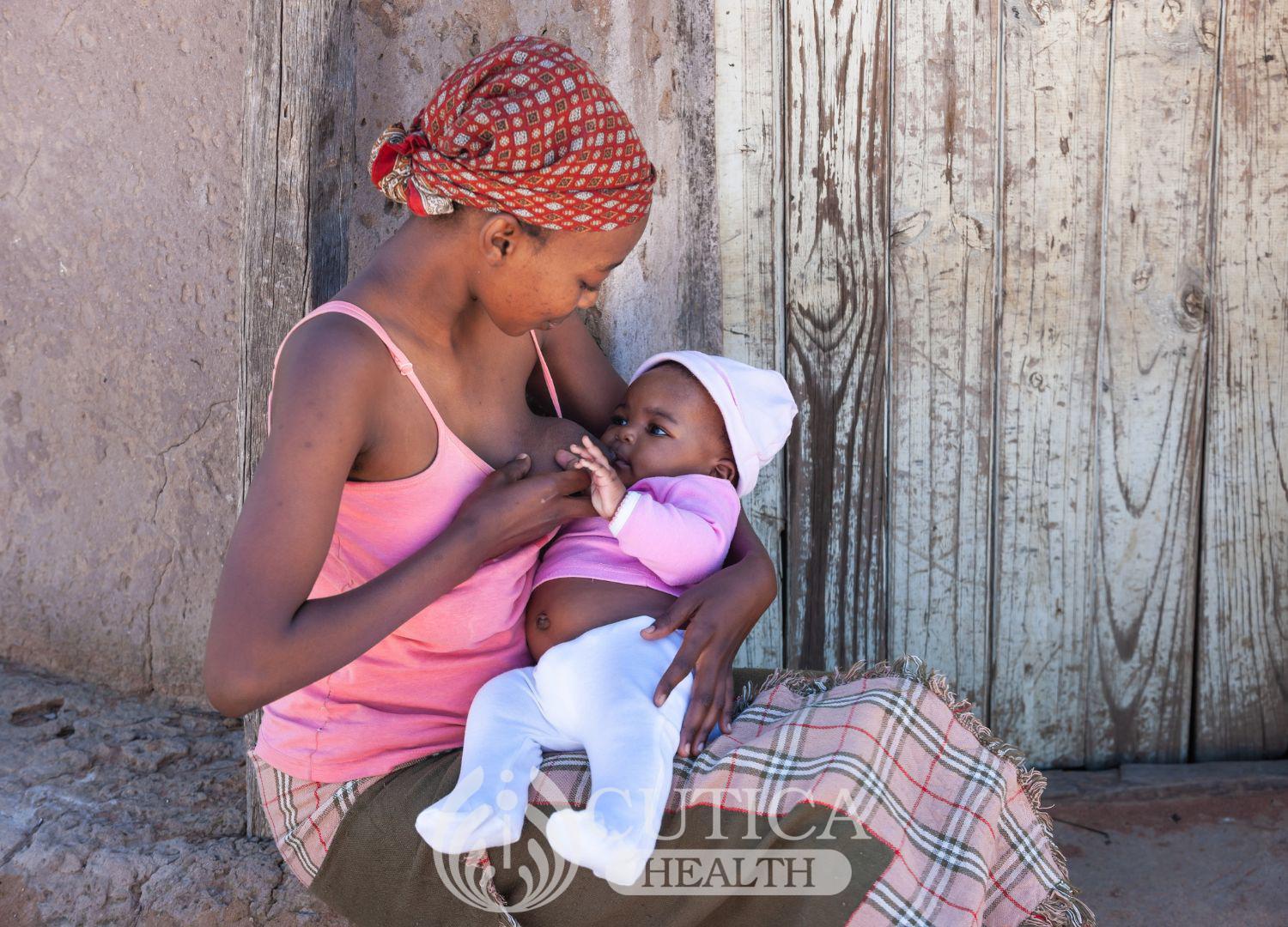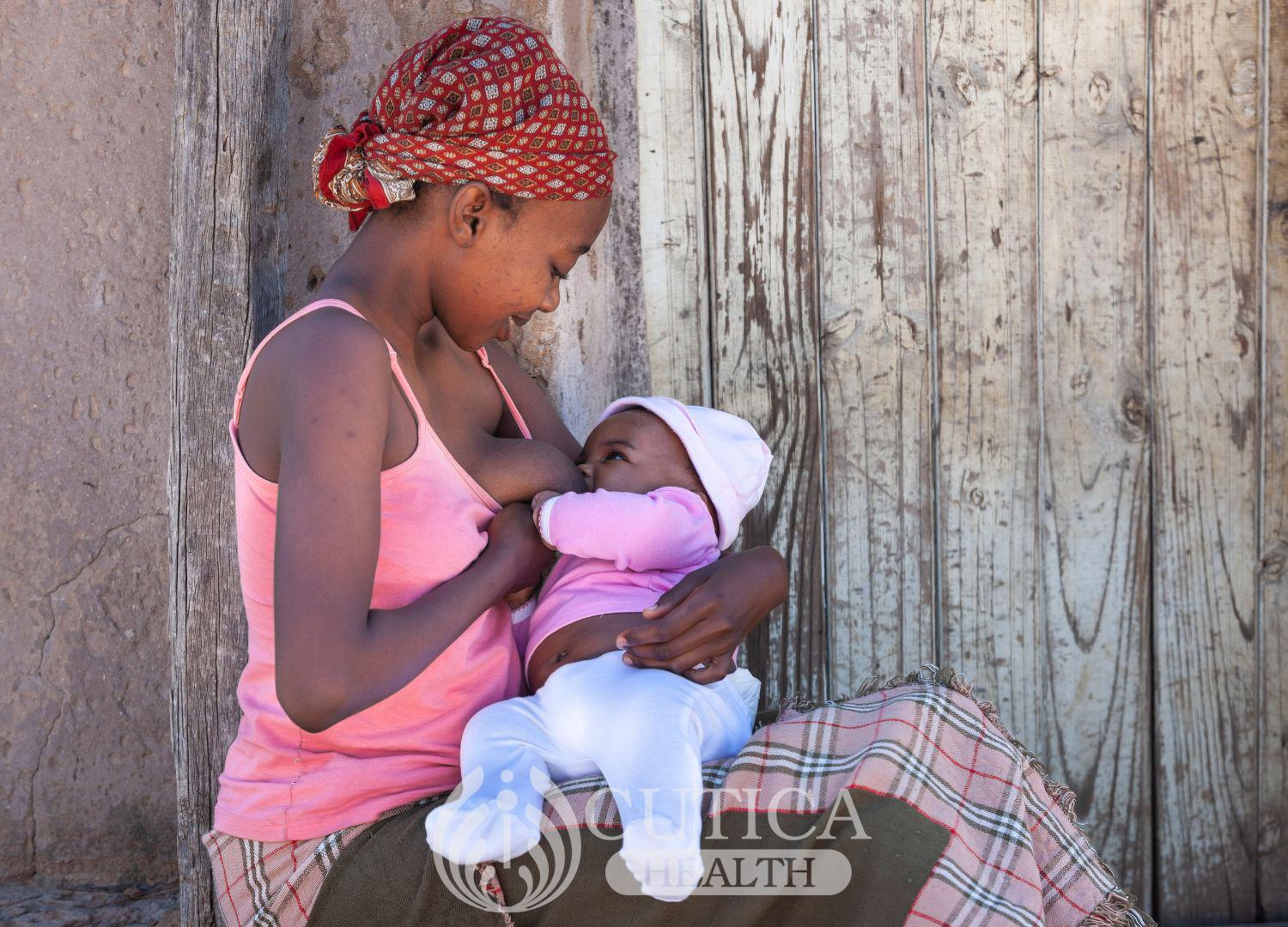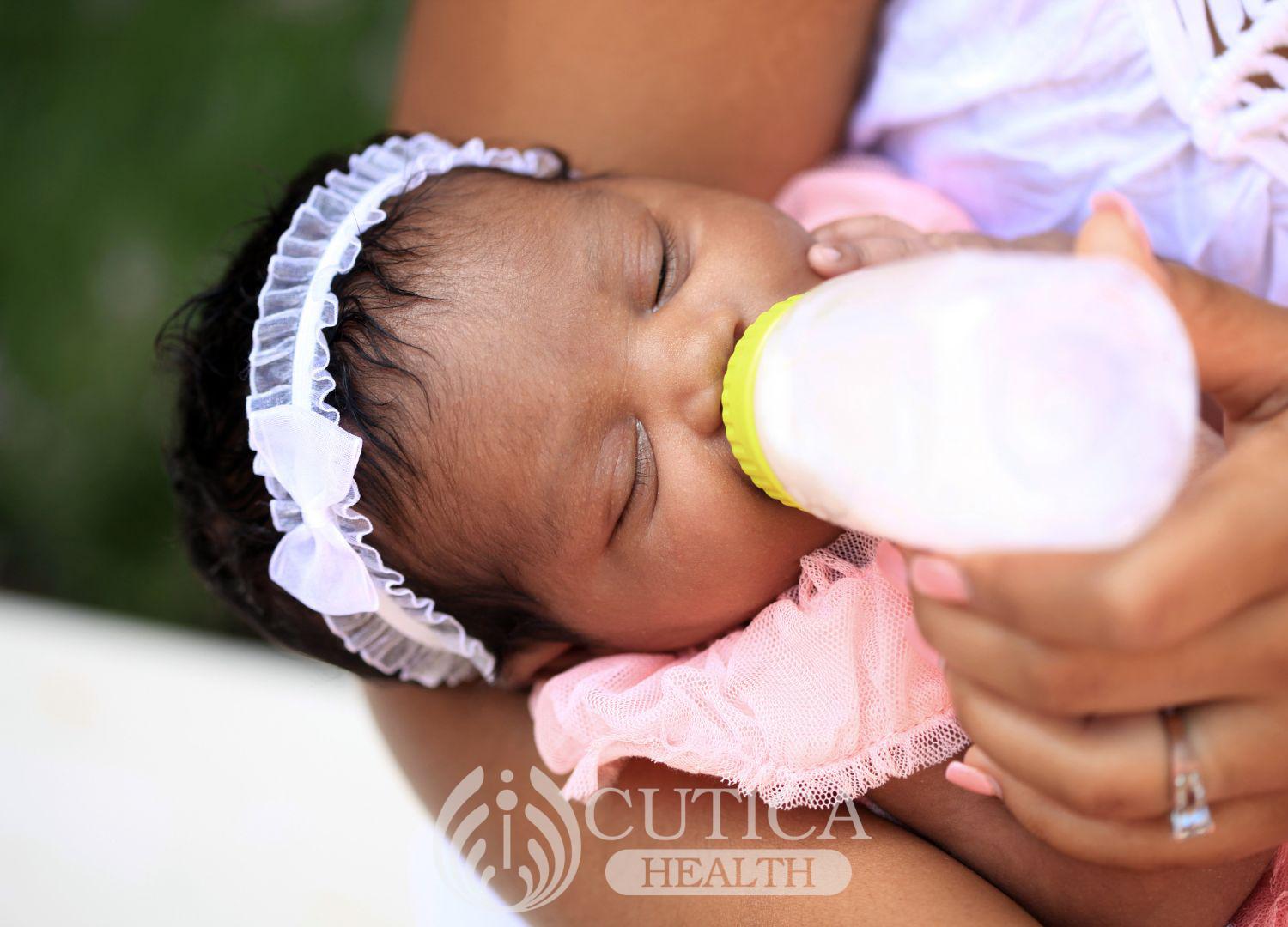
Tayo is at her second antenatal visit. During her consultation with the doctor, she asked which formula feed she should get for the baby when she arrives. The doctor politely said, “It’s your choice ultimately, but I strongly recommend at least 6 months of exclusive breastfeeding”. The doctor then provided the following explanation:
A powerful, natural act
Breastfeeding is a natural act that goes beyond just nourishing a newborn; it also plays a vital role in providing protection against infections and bolstering the infant's immune system. Breastfeeding is often referred to as "nature's first immunization" due to its remarkable ability to provide newborns with a strong defence against infections. From the first moments of life, a mother's milk serves as a powerful shield, equipping the baby with an arsenal of antibodies, nutrients, and beneficial microbes that collectively contribute to preventing infections and promoting overall health.

How does breastmilk perform this noble task of protection from organisms that cause infections?
Antibodies
Breast milk is rich in antibodies that fight against infections. Colostrum, the first milk produced during the initial days after delivery of a baby, is particularly rich in antibodies, providing a potent shield against infections right from the start. It is often hailed as "liquid gold" for its unparalleled immune-boosting properties. The colostrum acts as the baby's first line of defence against a multitude of infections. These antibodies provide targeted protection against various pathogens, including bacteria, viruses, and other harmful microorganisms. The antibodies are transferred from the mother's bloodstream to her breast milk, creating a personalized defence mechanism tailored to the specific pathogens present in her environment.
Immune Cells and Cytokines
Breast milk is a complex fluid that contains an array of immune cells and cytokines – small proteins that facilitate communication between immune cells. These components work together to regulate the infant's immune responses, enhancing their ability to combat infections effectively. The presence immune cells in breast milk assists in neutralizing harmful pathogens and promoting a balanced immune system.
Nutrient Powerhouse
Breast milk is nutritionally tailored to meet the specific needs of a growing baby. It contains a perfect balance of proteins, fats, carbohydrates, vitamins, and minerals required for optimal development. Nutrients like zinc, selenium, and vitamins A, C, and E play crucial roles in bolstering the immune system and reducing the vulnerability to infections. This unique nutritional profile ensures that the baby's body is equipped to handle potential threats. This is why international organisations advocate for six months of exclusive breastfeeding before the addition of complementary feeds.

Prebiotics and Probiotics
Breast milk contains prebiotics, indigestible fibers that serve as nourishment for beneficial gut bacteria. These prebiotics encourage the growth of healthy gut bacteria, which play a pivotal role in strengthening the immune system and preventing the growth of harmful pathogens. Additionally, breast milk also introduces probiotics, which are live beneficial bacteria, directly into the baby's gut, further enhancing its defence against infections.
Reduced Risk of Gastrointestinal and Respiratory Infections
Research has consistently demonstrated that breastfed infants have a lower risk of bowel infections that cause diarrhea and vomiting in babies. In addition, breastfeeding significantly reduces the incidence of respiratory infections, such as pneumonia and bronchiolitis, by enhancing the infant's respiratory immune responses.
Breastfeeding also reduces the infection that is common following the use of breastfeeding bottles and the introduction of contaminated water into the feeds of babies.
Conclusion
Breastfeeding is a natural and potent way to give newborns a strong defence against infections. From colostrum's concentrated antibodies to the array of immune-boosting compounds present in mature breast milk, every drop plays a crucial role in shielding infants from a wide range of infections. The benefits of breastfeeding extend far beyond nutrition, shaping the foundation of a strong immune system that sets the stage for a healthy life ahead. As we continue to unlock the mysteries of breast milk, its role in infection prevention remains one of the most remarkable wonders of nature.












